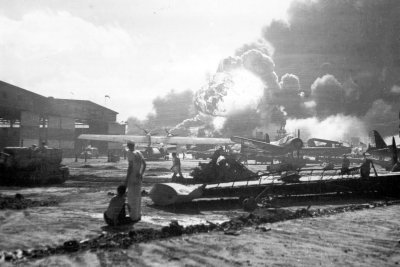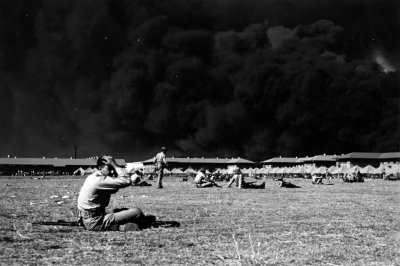Topic: Noam Chomsky
Quotes
The Atoms of Language: The Mind's Hidden Rules of Gramma
Stories of modern science... from UPI Jan 16, 2002
I find it hard to think of a similar case, in which entry to a person is denied because he is not lecturing in Tel Aviv. Perhaps only in Stalinist regimes
Israel denies entry to critic Chomsky May 17, 2010
Supporters of Israel are in reality supporters of its moral degeneration
Israel denies entry to critic Chomsky May 17, 2010
Avram Noam Chomsky (pronounced /ˈnoʊm ˈtʃɒmski/; born December 7, 1928), known as Noam Chomsky, is an American linguist, philosopher, cognitive scientist, and political activist. He is an Institute Professor and professor emeritus of linguistics at the Massachusetts Institute of Technology. Chomsky is well known in the academic and scientific community as one of the fathers of modern linguistics, and a major figure of analytic philosophy. Since the 1960s, he has become known more widely as a political dissident and an anarchist, referring to himself as a libertarian socialist. Chomsky is the author of more than 150 books and has received worldwide attention for his views, despite being typically absent from the mainstream media.
In the 1950s, Chomsky began developing his theory of generative grammar, which has undergone numerous revisions and has had a profound influence on linguistics. His approach to the study of language emphasizes "an innate set of linguistic principles shared by all humans" known as universal grammar, "the initial state of the language learner," and discovering an "account for linguistic variation via the most general possible mechanisms." He elaborated on these ideas in 1957's Syntactic Structures, which then laid the groundwork for the concept of transformational grammar. He also established the Chomsky hierarchy, a classification of formal languages in terms of their generative power. In 1959, Chomsky published a widely influential review of B. F. Skinner's theoretical book Verbal Behavior. In this review and other writings, Chomsky broadly and aggressively challenged the behaviorist approaches to studies of behavior and language dominant at the time, and contributed to the cognitive revolution in psychology. His naturalistic approach to the study of language has influenced the philosophy of language and mind.
Beginning with his opposition to the Vietnam War, first articulated in his 1967 essay "The Responsibility of Intellectuals" and later extended in his American Power and the New Mandarins (1969), Chomsky established himself as a prominent critic of U.S. foreign and domestic policy. He has since become an outspoken political commentator and a dedicated activist; he is a self-declared anarcho-syndicalist and a libertarian socialist, principles he regards as grounded in the Age of Enlightenment and as "the proper and natural extension of classical liberalism into the era of advanced industrial society."
It uses material from the Wikipedia article "Noam Chomsky."







